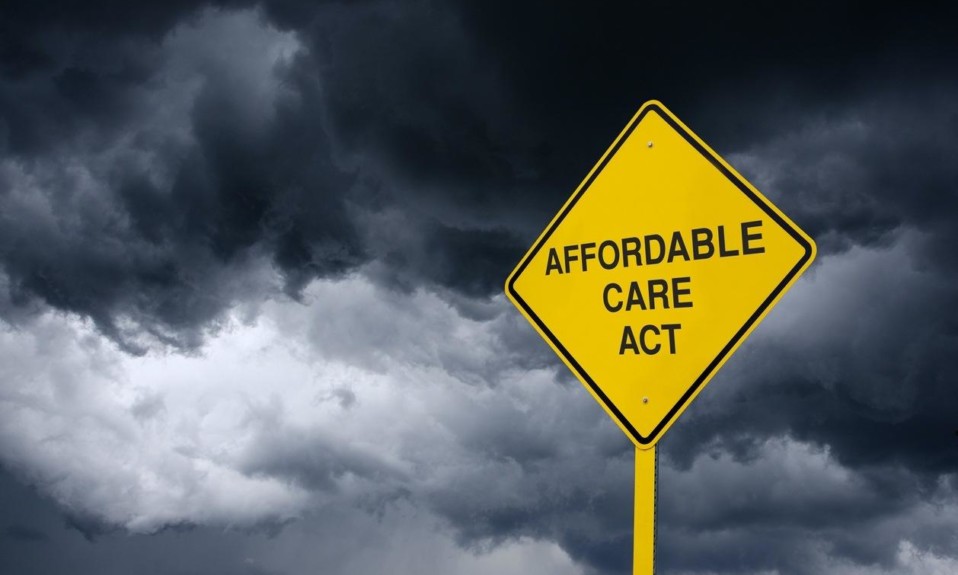A weekly roundup on the latest research and news in addiction, treatment, medicine and science
By William Wagner
October 27, 2020With a case involving the Affordable Care Act (ACA) set to go before the U.S. Supreme Court next month, nothing less than the future of addiction treatment hangs in the balance, according to health policy experts. The case aims to strike down the ACA, an outcome that they say would devastate care for substance use disorder (SUD).
[Eliminating Medicaid expansion would result in] massive numbers of people losing coverage and subsequently having to turn to other modalities, which could be buying opioids off the street.”—Andrey Ostrovsky, M.D., current managing partner at Social Innovation Ventures and former chief medical officer for the Medicaid program
We also shine a light on the simmering stress levels of Americans, the impact COVID-19 has had on the ambitious HEALing Communities Study, and a drop in drinking by young adults.
From Morning Consult:
The ACA and Addiction Treatment
The addiction treatment community is holding its breath as the U.S. Supreme Court prepares to hear arguments on Nov. 10 in a case that could mark the end of the ACA. The loss of the ACA would roll back Medicaid expansion, which has been a lifeline for many people seeking treatment for SUD. As Andrey Ostrovsky, M.D., managing partner at Social Innovation Ventures and former chief medical officer for the Medicaid program, says in the Morning Consult article, eliminating Medicaid expansion would result in “massive numbers of people losing coverage and subsequently having to turn to other modalities, which could be buying opioids off the street.” Individuals with private insurance also would be affected, as a ruling against the ACA would weaken a 2008 parity law mandating that addiction and mental health be covered with the same rigor as other medical conditions.
From JAMA Pediatrics:
Drinking by Young Adults Declines, Weed Use Is Up
Researchers from the University of Michigan and Texas State University have good news to report that surprises even them: Drinking by young U.S. adults (18 to 22 years old) has diminished significantly over the past two decades. From 2002 to 2018, according to their new study, alcohol use by young adults was cut approximately in half. On the negative side, the study determined that marijuana use in this age group went up during the same period.
From the American Psychological Association (APA):
We’re a Stressed-Out Nation
Treatment professionals are quick to say that stress triggers addictive behaviors, which is why a new study conducted on behalf of the APA caught our eye. Titled “Stress in America 2020: A National Mental Health Crisis,” the study indicates that 2020—a year defined by the COVID-19 pandemic, economic insecurity, racial unrest and a high-stakes presidential campaign—has frayed the nerves of U.S. citizens. The coronavirus has been a particularly unsettling factor; 78% of adults surveyed called the pandemic a major source of stress. According to the survey, Gen Z has been hit hardest by the combination of issues facing the United States, with a deep sense of uncertainty permeating its ranks.
From Drug and Alcohol Dependence:
Countering Opioid ODs in the Era of COVID
The HEALing Communities Study (HCS)—launched in 2019 by the National Institutes of Health (NIH) and Mental Health Services Organization Substance Abuse and Mental Health Services Administration (SAMHSA) to help communities that have been most affected by the opioid epidemic—has been made more challenging by COVID-19. The original goal of the $350 million study was to reduce opioid-related overdose deaths by 40% over three years in 67 targeted locales. The pandemic has exacerbated the opioids problem and, in turn, added an unforeseen dimension to the study. HCS researchers are, however, putting a brave face on the turn of events. In a report in Drug and Alcohol Dependence, they say “the COVID-19 pandemic, with its associated disruption in treatment delivery and social services…provides a unique opportunity to understand the consequences of the intersection of COVID-19 and opioid epidemics in rural and urban communities.”
Photo: iStock














